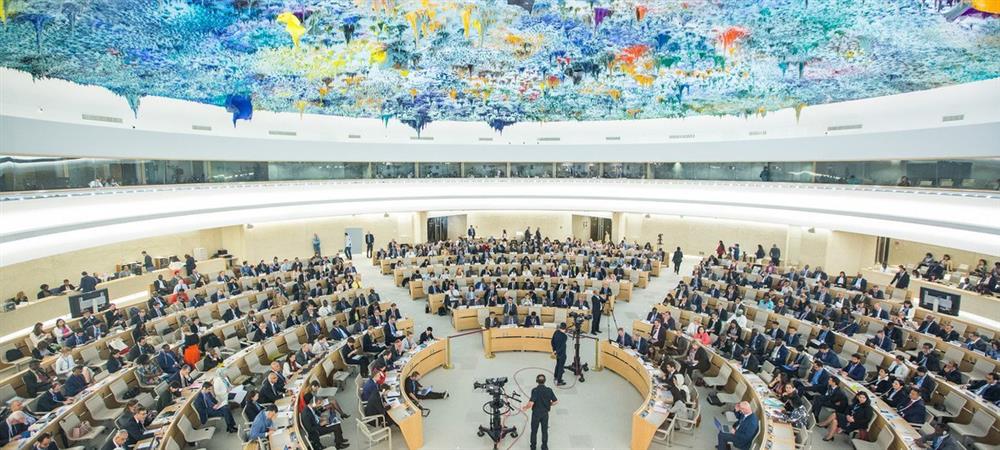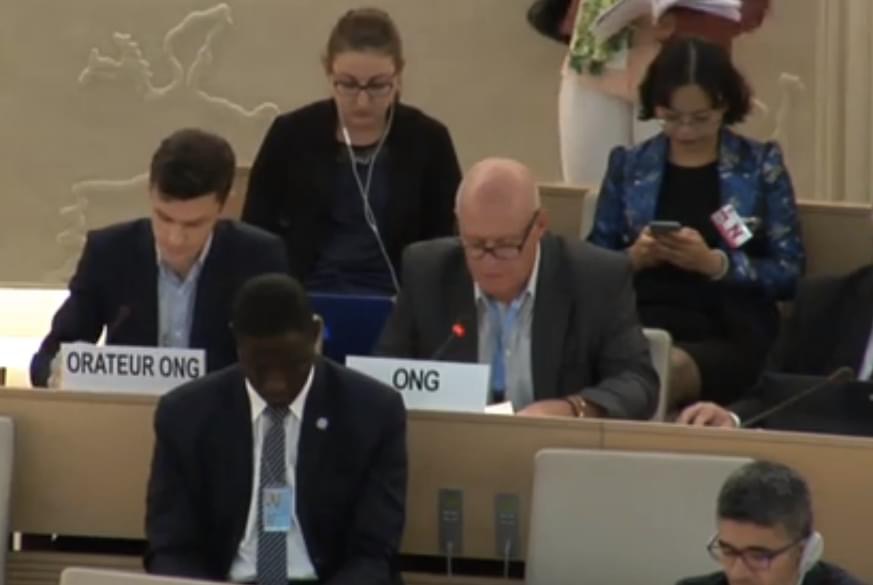
Within the 36th session of the Human Rights Council, GIWEH presented two statements on the Right of to water.
GIWEH statement at the Human Rights Council- United Nations Office- Geneva- Switzerland.
We would like to welcome the special rapporteur on the right of development and we fully support to the report of the right of development which very clearly identifies the challenges on the stakes. We support OIC’s determination to work on an ambitious approach to overcome the sterile divergences. We firmly believe that the technical and financial transparent cooperation with the less developed countries will lead to advantage just in benefits to all.
We should recall what the US Marshall Plan allowed for Europe to do after the War; there were 30 years of blazing growth for countries that benefited from it directly or indirectly. In the 1950s there was neither water nor electricity nor sanitation but 15 years later everyone benefited from them and it’s exactly the time period we have left to implement the sustainable development goals of 2013, which are realistic if we really get down to it.
So the challenge today is to create the condition for resilience to economic and environmental stress which affects us all in one way or another it is to create a visionary that will be sustainable for all humanity.
GIWEH second statement on Rights for Development. United Nations Office- Geneva- Switzerland.
Water human’s right report
The report goes nicely into the details of the whole set of right standards and best practice which are generally accepted by the international scientific community and major organizations thus creating a momentum for their global achievement. It’s useful to recall that states have an obligation in the right of water for all, including for vulnerable part of the population, this includes when services are provided by private enterprise. The duty for detailed information and right of appeal recourse are also essential to achieve global coverage. The diversity of means which depend on the national context, the example of Kenya is risen which is introduced legislation and constitution reform. GIWEH collaborates actively with the ministry of water and the Kenya water and sanitation network to manage the progress and to lead to the full realization of this right. This is an opportunity to learn from this practical example and to harmonize indicators for the goals and human rights.
To this end, in order to achieve this right between now and 2030 we need to conceder what specific action needs to be taken by several societies and the international community and what global harmonization of indicators and monitoring is essential.
